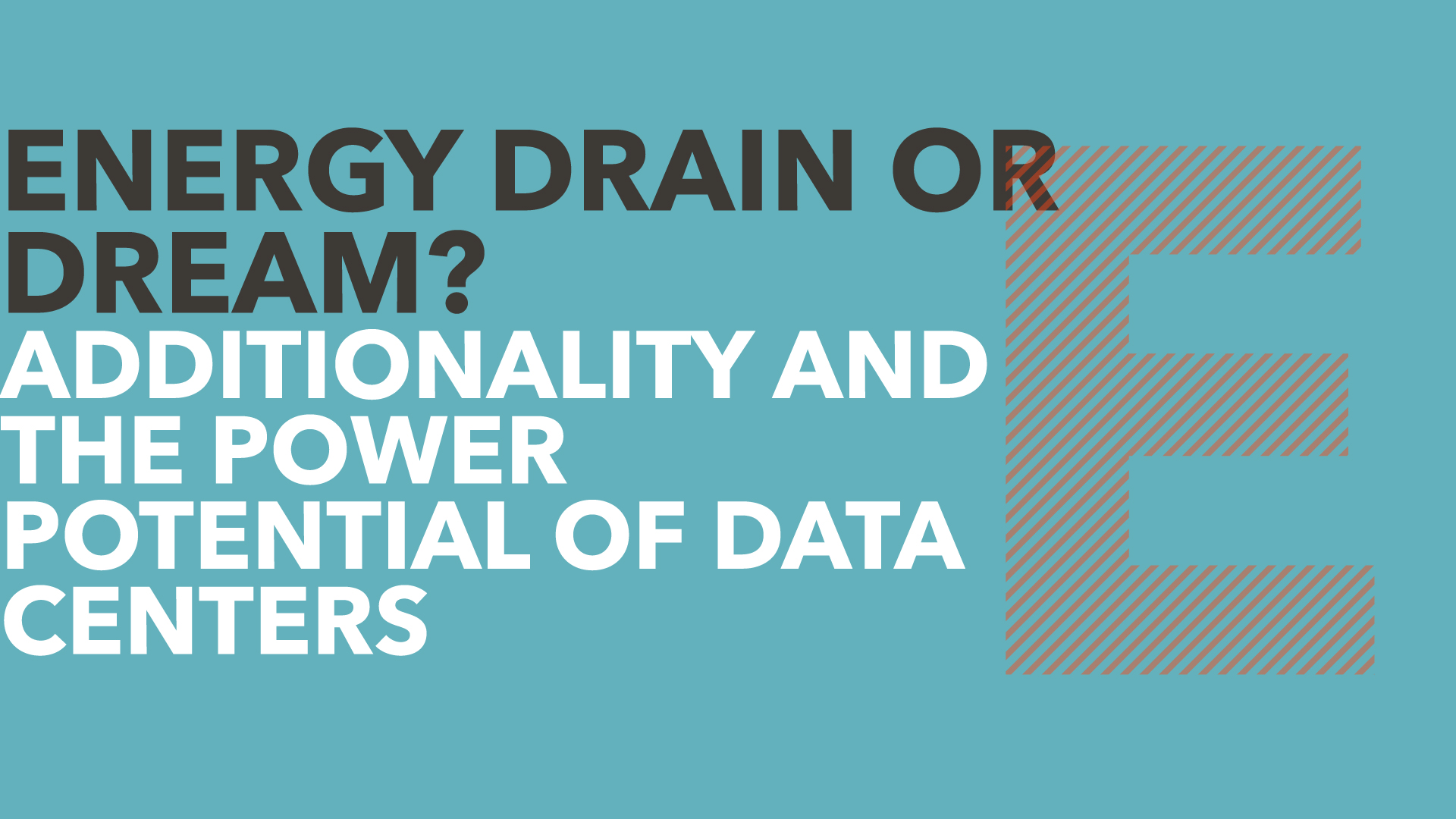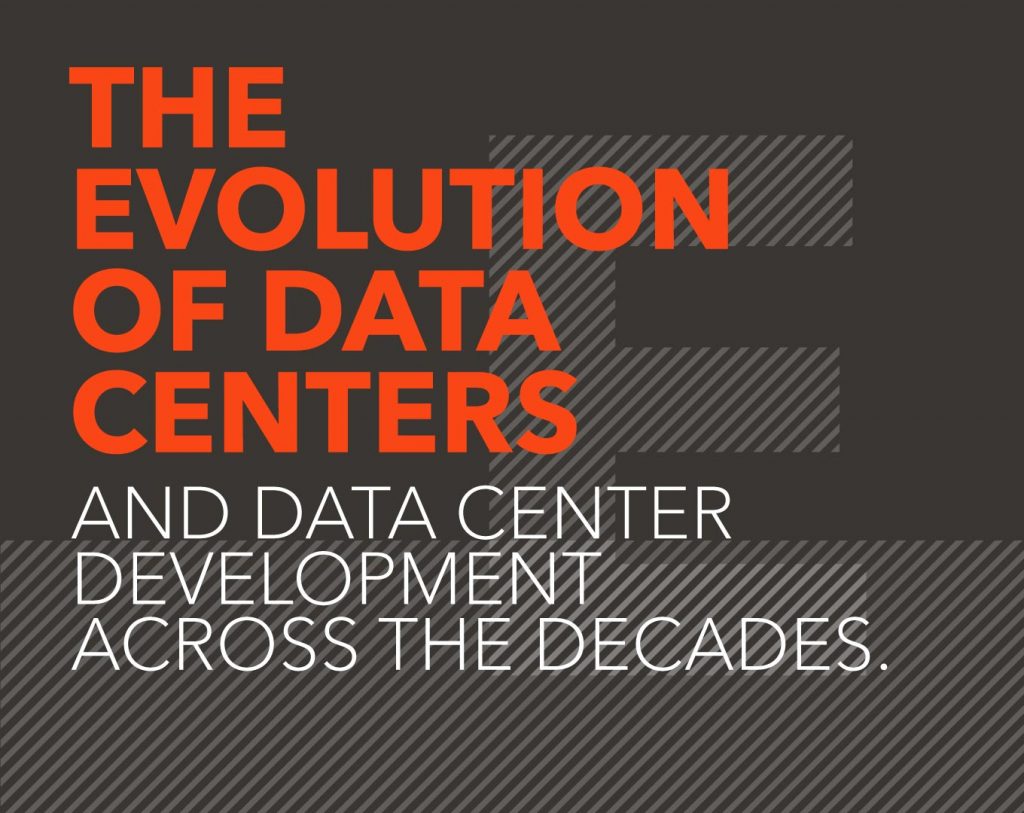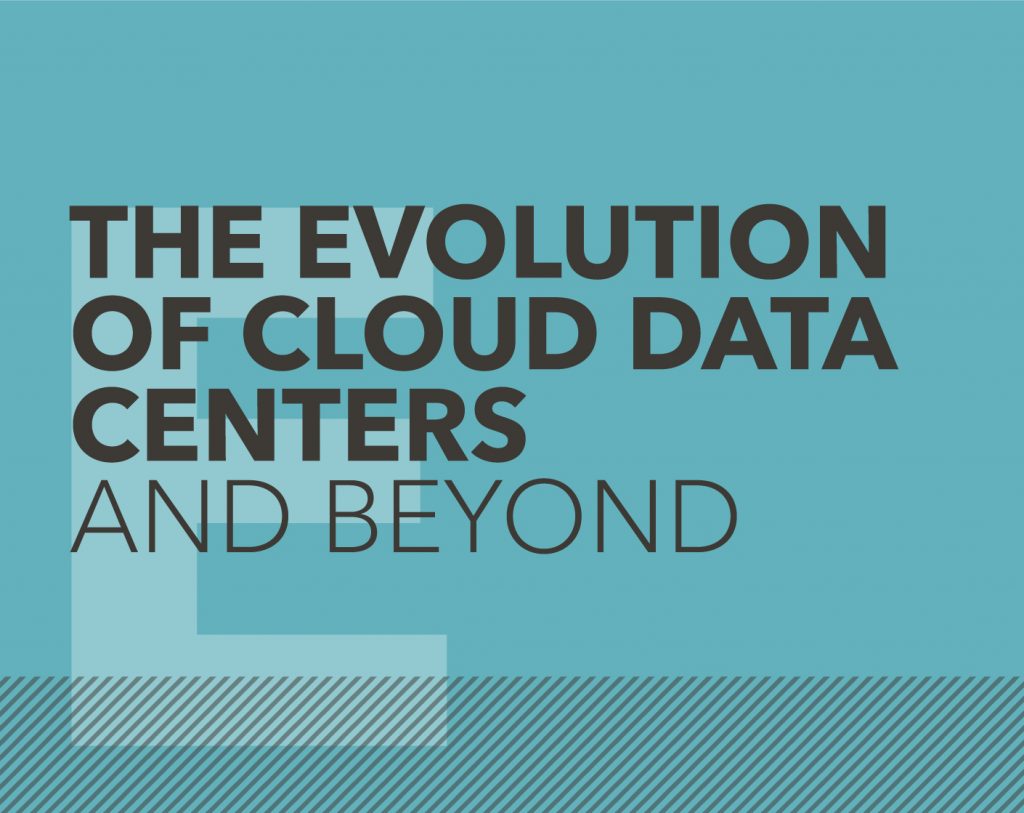Energy drain or dream? Additionality and the power potential of data centers
By: Paul Dillon

Data centers are power-hungry facilities that can place high demands on the infrastructure of the countries in which they are located. The concept of additionality gives the data center industry an opportunity to drive the renewable energy sector forwards and benefit everyone.
Data centers are the physical backbone of the digital economy. They are also enormous power users. While increases in efficiency have offset growth in internet traffic in recent years, data centers are still responsible for roughly 1% of global electricity use – a figure set to rise to 8% by 2030.
Hyperscale data center users like Google, Amazon, Facebook and Microsoft alone are responsible for almost half of this. This demand is not distributed evenly over the world. By 2028 data centres and other large users will consume 29 percent of Ireland’s electricity. The Municipality of Amsterdam, another major data center hub, placed a moratorium on new construction last year (now lifted) citing the load on the electricity grid.
The popular perception is that these tech giants are net takers from the local economy, national infrastructure, and global environment. Traditionally, apart from data centre facilities with easy access to hydroelectric sources, data centers were very rarely powered directly by renewable energy. Instead, they claimed to use renewable power, through the use of renewable energy/guarantee of origin certificates and power purchase agreements. This meant they paid a small premium to earmark existing renewable electricity projects for their own use. While the tech company gained a boost to their CSR image, those renewable sources were typically funded with consumer subsidies and were already in operation. The buyer was really just paying for the right to be able to say they were using green power. Critics argued that it was little more than greenwashing.
This is now changing with the increased focus on “additionality”. There is no strict definition for additionality, it is a term that describes renewable energy generation that is truly new – i.e. additional. It is used to describe when an organisation’s corporate power purchase agreement (CPPA) has the direct effect of adding new renewable energy generation to the grid; i.e.without the organisation’s involvement (via the CPPA) the clean energy project would not have happened.
Driven by this appetite for “Additionality ” hyperscale data centre users are now responsible for financially supporting new, expanding, or developing renewable generation sources, as opposed to buying into what is already available or planned. This is typically structured by the hyperscale data centre purchasing electricity directly from the generator through Corporate Power Purchase Agreements, or CPPAs. CPPAs are long-term contracts whereby a company agrees to purchase electricity directly from a renewable energy generator. They typically run for a period of around 10-15 years.
The fact that this is a direct and long-term agreement has very significant implications. The data center owner has cost certainty for the duration of the contract. And, critically, so does the supplier. That means it is commercially viable for them to develop entirely new renewable power installations. This is the core concept of Additionality: those sources of energy would not have been financed and installed without the client and the CPPA. Crucially, the new power plants are developed without any public funds or subsidies by regular consumers
How data centers can drive the move to a low-carbon economy
As large power consumers with long-term needs, data centers and their owners are in an ideal position to stimulate innovation in the renewable energy sector. The benefits of this go far beyond environmental concerns or CSR. Additionality has the potential to flip the existing situation on its head. Instead of being a drain on an economy and national infrastructure, data center owners can become net contributors of clean power.
At times of peak output, when the new facilities are generating more power than the data centers need, they can sell it into the national grid – reducing the country’s overall reliance on carbon fuels, as well as spearheading new research and development.
As clean energy technology progresses, tech companies will find more and more ways of using it. In some countries, data centers already have rooftop solar panels installed. As battery technology improves, we will see greater direct use of renewables by data centers, with less reliance on the national grid.
For now, data centers are at a watershed moment. Far from being a net drain on local and national infrastructure and environment, they have a unique opportunity to fund new renewable projects and help countries increase the pace of transition to the low-carbon economy of the future.



